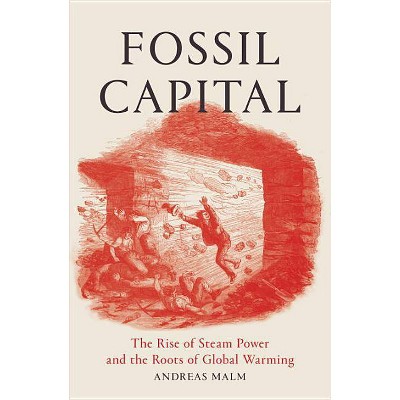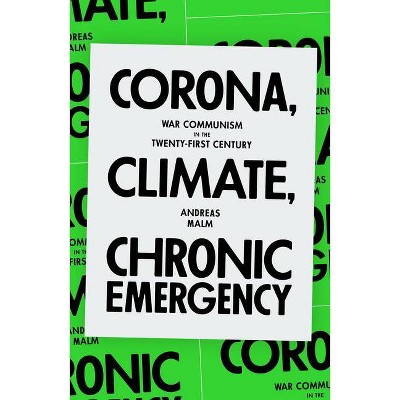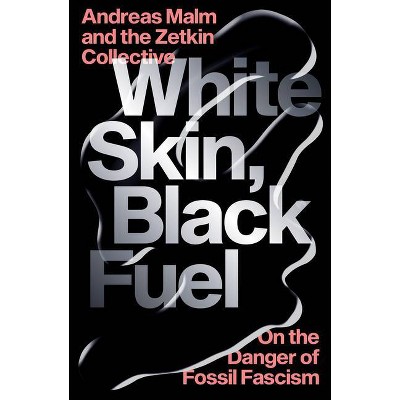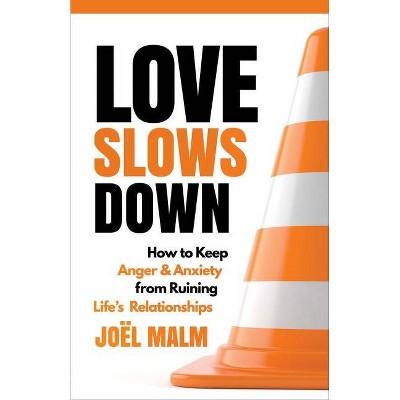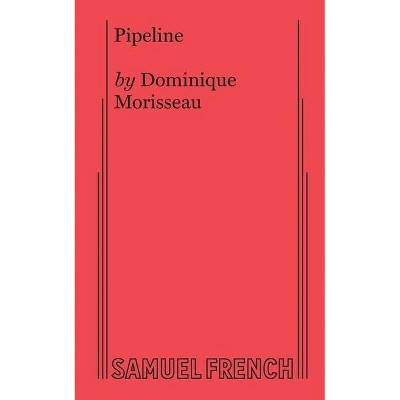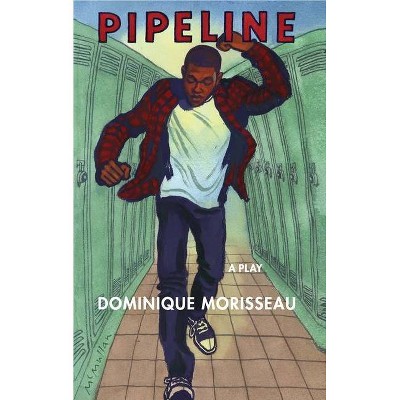How to Blow Up a Pipeline - by Andreas Malm (Paperback)
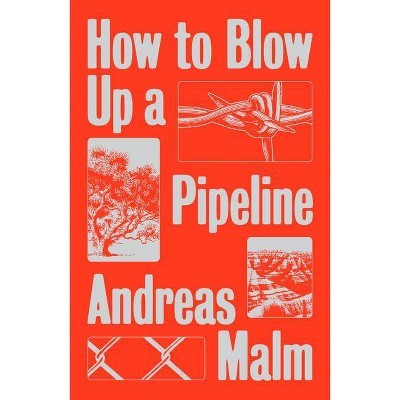
Similar Products
Products of same category from the store
AllProduct info
<p/><br></br><p><b> About the Book </b></p></br></br>"Property will cost us the earth. The science on climate change has been clear for a very long time now. Yet despite decades of appeals, mass street protests, petition campaigns, and peaceful demonstrations, we are still facing a booming fossil fuel industry, rising seas, rising emission levels, and a rising temperature. With the stakes so high, why haven't we moved beyond peaceful protest' In this lyrical manifesto, noted climate scholar (and saboteur of SUV tires and coal mines) Andreas Malm makes an impassioned call for the climate movement to escalate its tactics in the face of ecological collapse. We need, he argues, to force fossil fuel extraction to stop--with our actions, with our bodies, and by defusing and destroying its tools. We need, in short, to start blowing up some oil pipelines. Offering a counter-history of how mass popular change has occurred, from the democratic revolutions overthrowing dictators to the movement against apartheid and for women's suffrage, Malm argues that the strategic acceptance of property destruction and violence has been the only route for revolutionary change. In a braided narrative that moves from the forests of Germany and the streets of London to the deserts of Iraq, Malm offers us an incisive discussion of the politics and ethics of pacifism and violence, democracy and social change, strategy and tactics, and a movement compelled by both the heart and the mind. Here is how we fight in a world on fire."--Provided by publisher.<p/><br></br><p><b> Book Synopsis </b></p></br></br><b>Property will cost us the earth</b> <p/>The science on climate change has been clear for a very long time now. Yet despite decades of appeals, mass street protests, petition campaigns, and peaceful demonstrations, we are still facing a booming fossil fuel industry, rising seas, rising emission levels, and a rising temperature. With the stakes so high, why haven't we moved beyond peaceful protest? <p/>In this lyrical manifesto, noted climate scholar (and saboteur of SUV tires and coal mines) Andreas Malm makes an impassioned call for the climate movement to escalate its tactics in the face of ecological collapse. We need, he argues, to force fossil fuel extraction to stop--with our actions, with our bodies, and by defusing and destroying its tools. We need, in short, to start blowing up some oil pipelines. <p/>Offering a counter-history of how mass popular change has occurred, from the democratic revolutions overthrowing dictators to the movement against apartheid and for women's suffrage, Malm argues that the strategic acceptance of property destruction and violence has been the only route for revolutionary change. In a braided narrative that moves from the forests of Germany and the streets of London to the deserts of Iraq, Malm offers us an incisive discussion of the politics and ethics of pacifism and violence, democracy and social change, strategy and tactics, and a movement compelled by both the heart and the mind. Here is how we fight in a world on fire.<p/><br></br><p><b> Review Quotes </b></p></br></br><br>"If a livable world requires an all-over transformation, where and when and how do we start? Perhaps with this book, a provocative manifesto from the pioneering theorist of the climate age."<br><b>--David Wallace-Wells, author of<i> The Uninhabitable Earth</i></b> <p/> "<i>How to Blow Up a Pipeline</i> is a challenge to the left, and an important one."<br><b>--John Foster, <i>The Battleground</i></b> <p/>"A short and gripping manifesto which aims to wrench the climate movement out of its complacency."<br><b>--<i>Bright Green</i></b> <p/> "Timely ... Malm delivers the essay in his usual lucid and fiery style."<br><b>--<i>Ecologist</i></b> <p/> "One of the most important things written about the climate crisis."<br><b>--Wen Stephenson, <i>Los Angeles Review of Books</i></b> <p/> "A profoundly necessary book."<br><b>--Scott W. Stern, <i>Los Angeles Review of Books</i></b> <p/> "Advocates powerfully against despair and powerlessness."<br><b>--Tatiana Schlossberg, <i>New York Times</i></b> <p/> "Written passionately ... Malm argues that it may be too late to avert climate crisis, but it is far from too late to ameliorate suffering."<br><b>--Sawarin Suwichakornpong, <i>Bangkok Post</i></b> <p/> "Malm offers a critical, passionate and hopeful assessment of where it might go next. Malm's refreshing humanist ethos combined with his marxist radicalism make him one of the most exciting contemporary writers on the climate crisis, this forceful new entry into his repertoire is no exception, though perhaps a different beast from his more academic work."<br><b>--<i>Political Economy Research Centre</i></b> <p/> "Refreshing and provoking."<br><b>--<i>It's Freezing in LA</i></b> <p/> "<i>How to Blow Up a Pipeline</i> makes a strong case for looking beyond non-violent activism."<br><b>--<i>VICE</i></b> <p/> "A humble and nuanced case ... it's hard to read this book without daydreaming about sabotaging the private jets of the ultra-rich."<br><b>--Tim DeChristopher, <i>Yes Magazine</i></b> <p/> "While the book does not live up to its titular promise of providing instructions to detonate a pipeline, it does make an unflinching case for carrying out such activities in advanced capitalist countries."<br><b>--James Wilt, <i>Canadian Dimension</i></b> <p/>"Malm [has] captured the rising fury of climate activists."<br><b>--Pilita Clark, <i>Financial Times</i></b><br><p/><br></br><p><b> About the Author </b></p></br></br><b>Andreas Malm</b> is a scholar of human ecology, teaching at Lund University. He the author of <i>The Progress of this Storm: Nature and Society in a Warming World</i> and <i>Fossil Capital: The Rise of Steam Power and the Roots of Global Warming</i>, which won the Isaac and Tamara Deutscher Memorial Prize.
Price History
Price Archive shows prices from various stores, lets you see history and find the cheapest. There is no actual sale on the website. For all support, inquiry and suggestion messagescommunication@pricearchive.us
